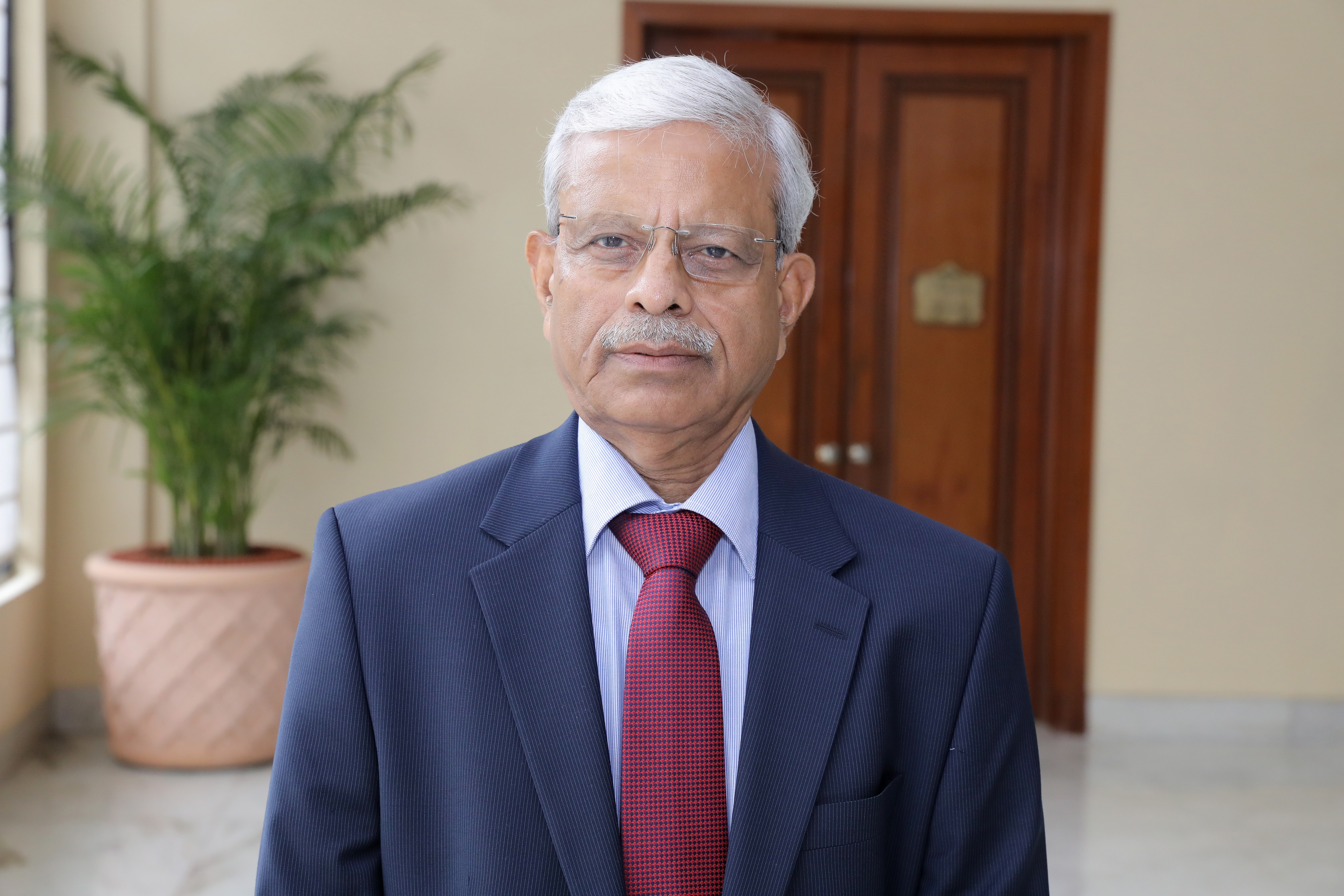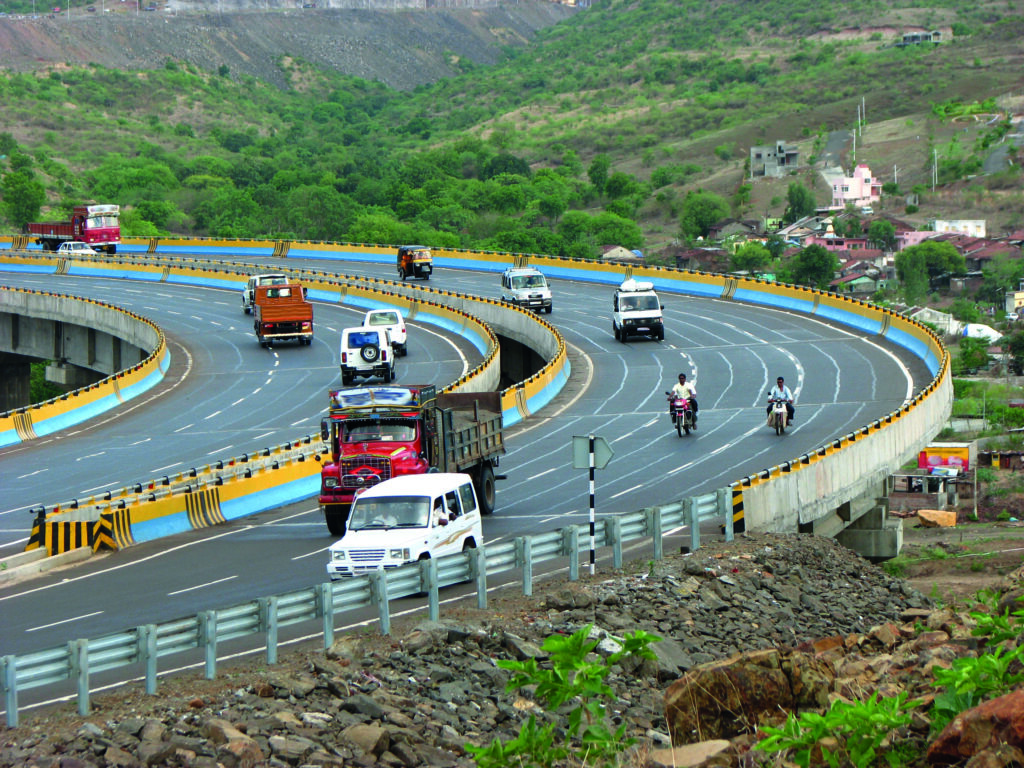Dr R Mukhopadhyay, director of R&D, JK Tyre & Industries Limited, discusses the tire testing landscape in India, including the additional demands that have arisen due to new emissions standards and the emergence of hybrid and electric cars.
How has the tire testing landscape changed in the last five years and how is it set to change in the coming years?
The Indian tire industry has always kept pace with global technology standards to maintain a competitive edge. Automotive OEMs have continued to introduce new products in India, therefore demanding global standards from the components industry including the tire sector. With this in mind, all-round capabilities for technology advancement including product testing have continued to evolve and develop.
Furthermore, as the Indian automobile sector has moved from BSIV to BSVI norms, and Indian manufacturers are moving forward in electric vehicle technology development, tire testing technology has been further enhanced in line with this.
Where are there still improvements to be made?
Major and continuous improvements are happening in simulation and predictive technology as well as sensors and connected mobility technology. With the development in testing infrastructure, the automobile industry and a rise in the expectations of customers, improvements in this field are likely to continue.
How does tire testing in India differ from other countries?
Geographically and demographically India is unique with an extremely low temperature climate in the north and high ambient temperatures in the south along with varying degrees of infrastructure. Products, depending on their application and use, must be adopted according to the needs of the country. India is a tropical country by and large.
At the same time, in the commercial vehicle sector there are many different types of applications such as long haul regional as well as short haul and the product needs in this segment vary accordingly. In this arena, for each application, the products differ and are unique to the country’s requirements. However, in the case of passenger vehicle applications, products are globally competitive as per the requirements of the OEMs and the end users. Accordingly the testing requirements vary depending on the application – and testing needs differ when it comes to simulating the application conditions.
What are the future testing requirements and does JK feel the current infrastructure could handle the requirements of the growing demands of the Indian tire industry?
Though our test houses have adequate capabilities as well as capacity, we continuously explore novel test equipment and test methods to stay ahead of our competitors with respect to our advanced testing capabilities.
Where does JK Tyre prefer to conduct its testing?
With regards to the testing infrastructure, JK Tyre is fully equipped with measurement instruments and skilled test engineers. With regards to test track facilities, we use various test facilities across India for vehicle-level evaluation according to OEM requirements and our own needs. We use these tracks to perform both subjective and objective vehicle-level tests including NVH and vehicle dynamics assessments. We are also exploring the possibilities of developing a dedicated test track or joining hands with established test track agencies to cater to our outdoor test requirements.
Does JK Tyre travel overseas to perform any of its testing?
We use overseas testing facilities extensively for various product applications. For example, to develop winter tires we have used facilities in Finland and New Zealand; for our ultra-high performance tires, which we plan to launch soon, we have used ATP Germany’s (ATP Automotive Testing Papenburg) test tracks for conducting high speed tests over 300km/h. Similarly for our various requirements and certifications, we use the Idiada facilities in Spain and China. In addition, for UTQG (Uniform Tire Quality Grading) we also use the Smithers testing laboratories in the USA. These are ongoing activities and it is prudent to utilize international facilities based on the needs.
What tire testing capabilities does the JK Tyre Mysore site offer and are there any plans to add more infrastructure in the future?
The Mysore test facility houses state-of-the-art laboratories for tire testing, ranging from static to highly dynamic tests. It enables regulatory tests to performance-level tests. JK Tyre is capable of carrying out tests as per national and international standards (AIS, ECE, SASO, etc.). The rolling resistance measurement facility is aligned with a European reference laboratory for carrying out the RR test as per R117 and has obtained candidate laboratory status. We are continuously upgrading our test facilities, modernizing existing equipment, and adding new equipment to meet the emerging needs of OEMs.
For an in-depth review of India’s vehicle testing infrastructure and its development, see the March 2021 issue of ATTI.



